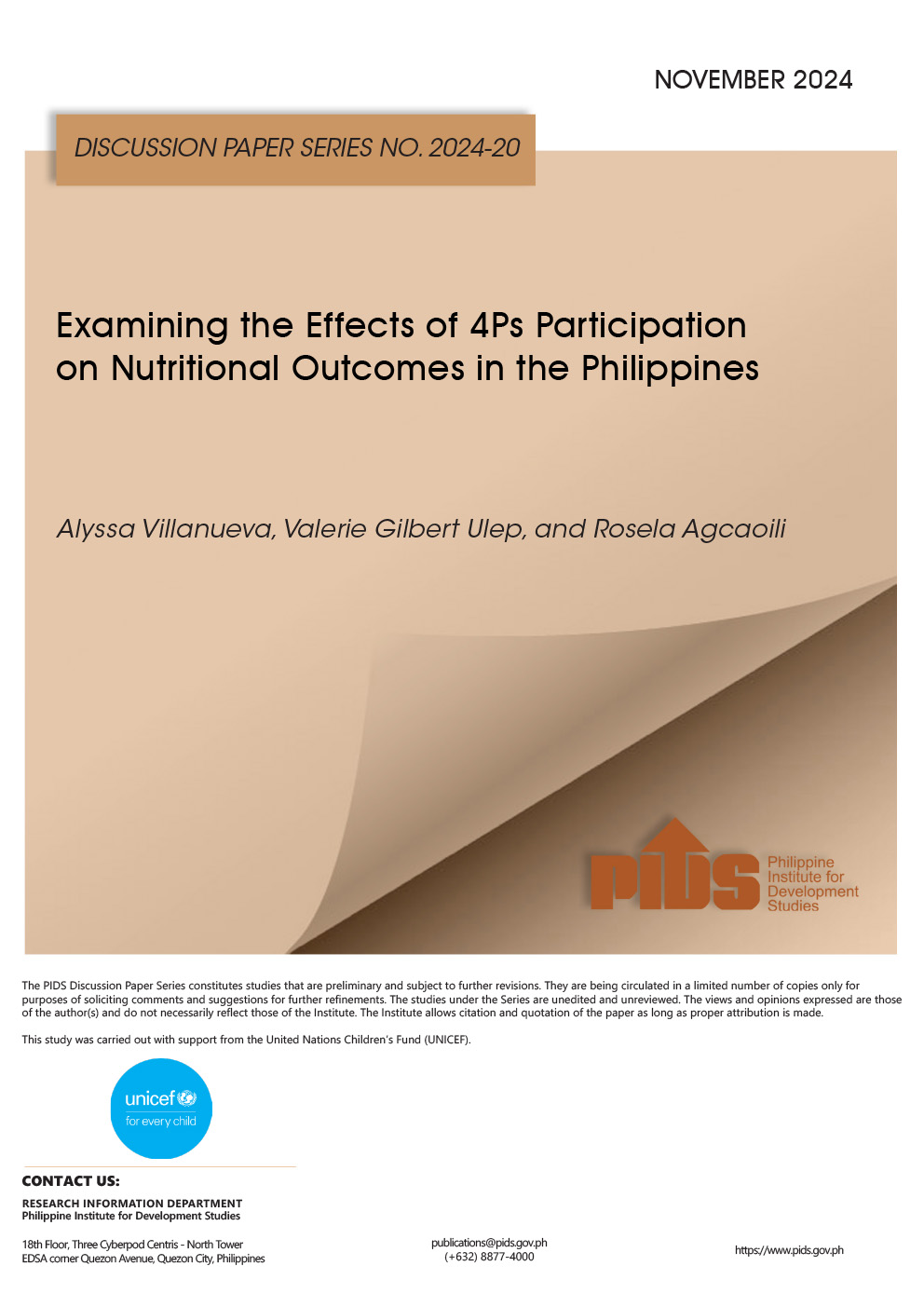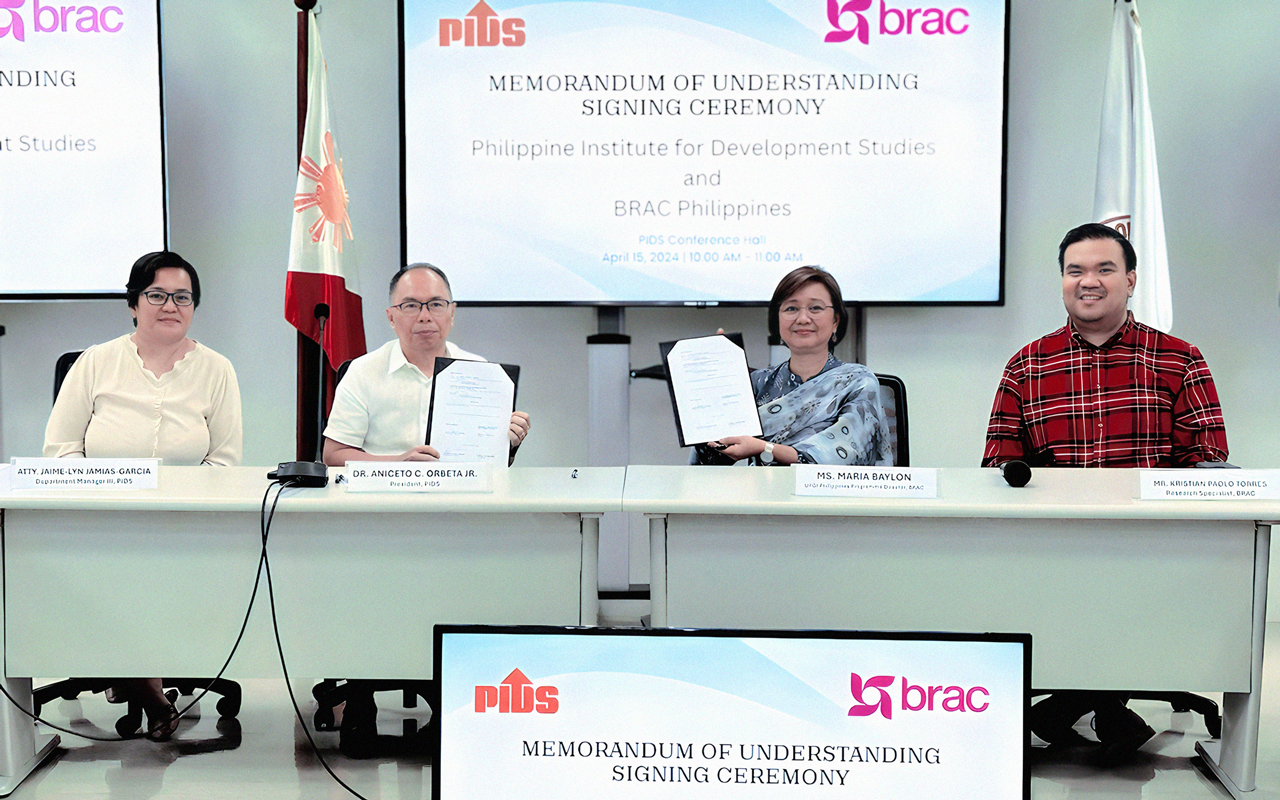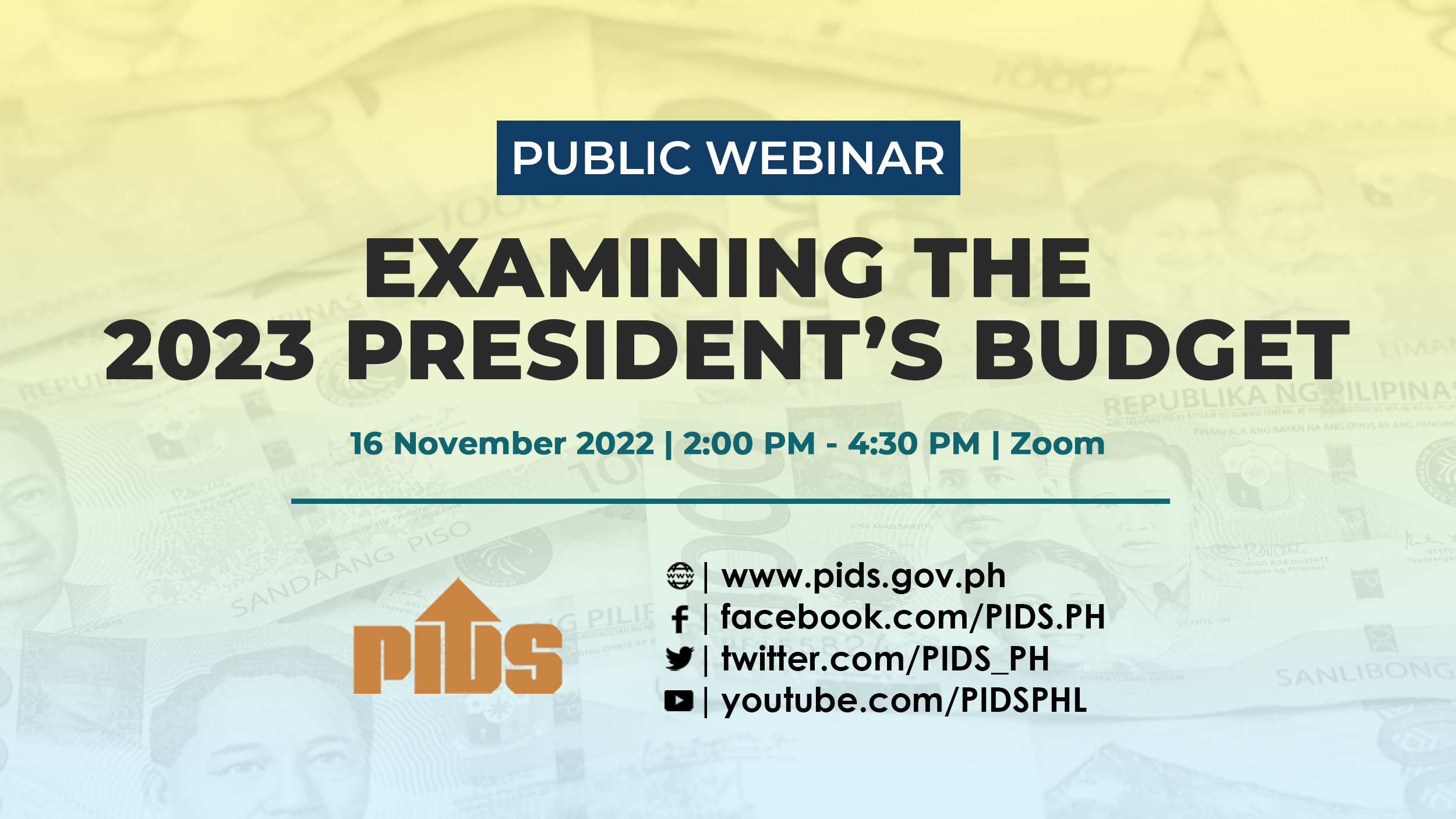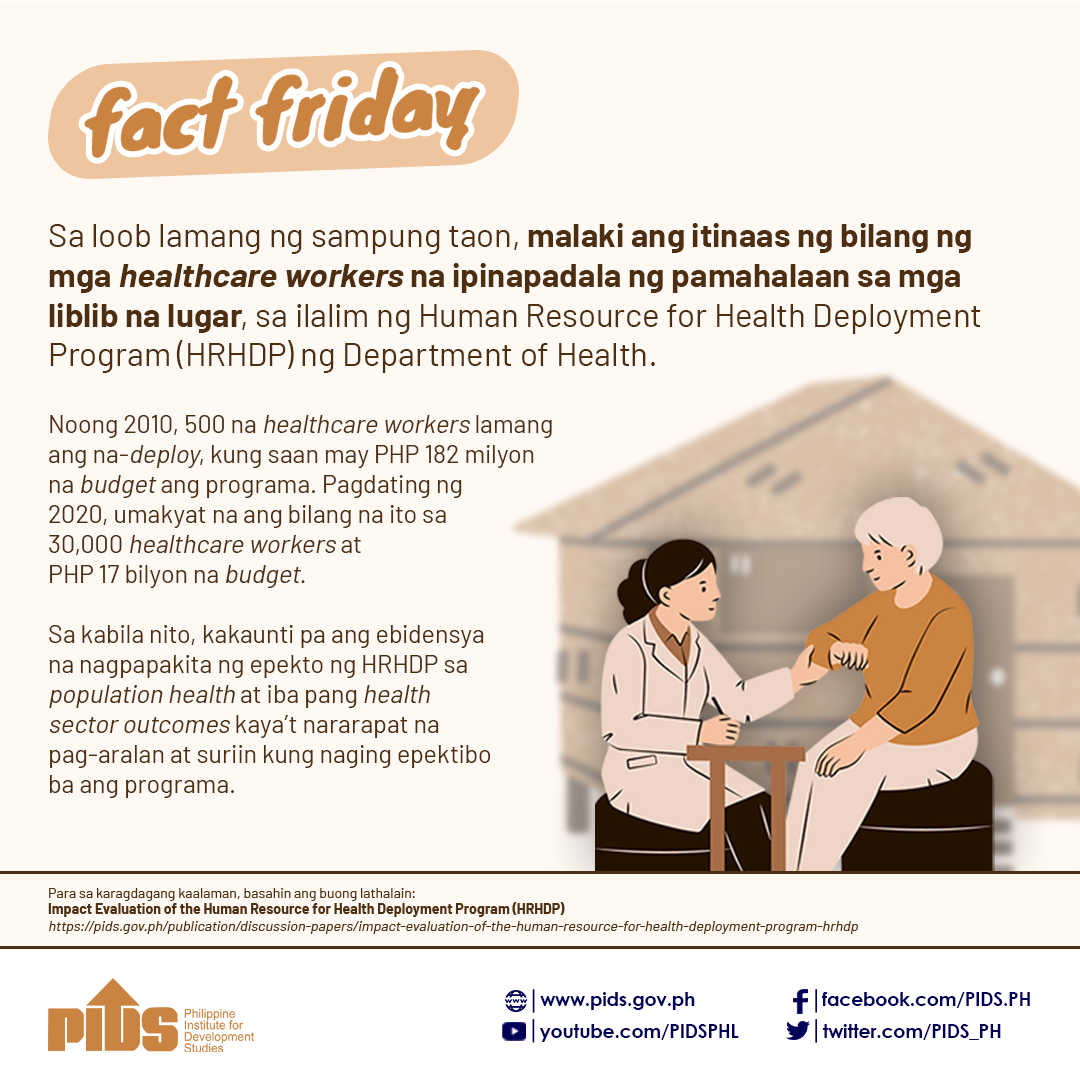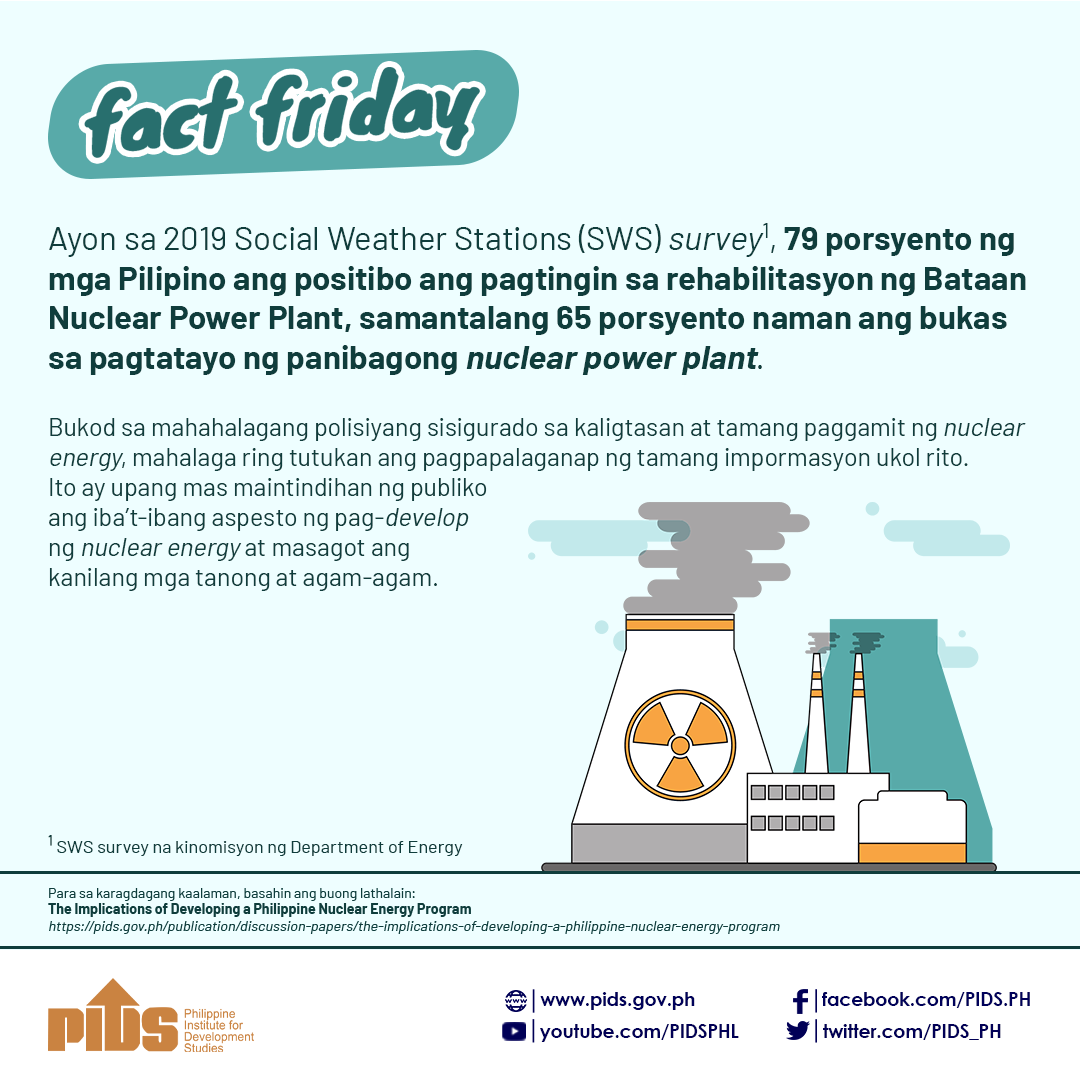MANILA, Philippines — Government’s last-minute scramble failed to beat an already extended deadline to assist a record number of households, leaving nearly 2 million poor families still unassisted more than two months since a coronavirus health emergency was declared.
As of 12 noon Monday, the social welfare department has extended P90.56 billion in assistance to 16.1 million household beneficiaries, director Irene Dumlao said in a Viber message to reporters.
The number of assisted families was equivalent to 89.42% of the 17.96 million programmed beneficiaries of the cash aid, while nearly P10 billion in aid from the first tranche of P100 billion remained unspent a day after the May 10 deadline.
“They are obviously having a difficult time targeting these beneficiaries because most of them have no formal records. Add to that, the government should have used more digital systems to distribute the aid,” Jose Ramon Albert, senior research fellow at state-funded Philippine Institute for Development Studies, said in a phone interview over the weekend.
Missing the cash aid distribution deadline adds another evidence to the Duterte government’s struggle to protect vulnerable communities from the pandemic, and the inconveniences the outbreak and lockdowns have created to their livelihood. Dumlao said 1,008 cities and municipalities nationwide have completed the payout on time, leaving a balance of 624 still in the process of distributing aid.
President Duterte himself tasked the Department of Social Welfare and Development (DSWD) to spearhead the massive cash aid distribution, supposedly to prevent corruption, but in the end, DSWD tapped local government units (LGUs) to bring the assistance to the grassroots.
The program did not start until the first week of April and proved to be tedious, with bureaucratic red tape slowing down the process. At the onset, lists of beneficiaries from DSWD were not matching those from cities and municipalities, disrupting to aid distribution, so did the required validation of recipients before assistance was formally distributed.
Due to the initial delays, verifications were eventually relegated to the end of aid disbursements. But with the first tranche of assistance about to be completed, these same validations now risk postponing the next tranche of P100 billion aid supposedly scheduled for release last May 1.
“All LGUs (local government units) that have completed their payouts are encouraged to submit their liquidation reports so DSWD can start conducting post-payout validation,” Dumlao said. LGUs have 15 days from final payout to submit their liquidation reports.
Apart from liquidation, a pending decision from the Office of the President (OP), whether to add or subtract beneficiaries on the next batch of assistance, risks further delays in cash distribution. Dumlao said DSWD is yet to receive word from the OP.
Despite obvious problems from its end, DSWD has steered clear of any accountability on aid delays, pinning the blame on LGUs. For now, the Department of Interior and Local Government (DILG) would reportedly determine the accountability of LGU officials who failed beat the deadline to distribute aid. "We will defer to the DILG," Dumlao said.
As of 12 noon Monday, the social welfare department has extended P90.56 billion in assistance to 16.1 million household beneficiaries, director Irene Dumlao said in a Viber message to reporters.
The number of assisted families was equivalent to 89.42% of the 17.96 million programmed beneficiaries of the cash aid, while nearly P10 billion in aid from the first tranche of P100 billion remained unspent a day after the May 10 deadline.
“They are obviously having a difficult time targeting these beneficiaries because most of them have no formal records. Add to that, the government should have used more digital systems to distribute the aid,” Jose Ramon Albert, senior research fellow at state-funded Philippine Institute for Development Studies, said in a phone interview over the weekend.
Missing the cash aid distribution deadline adds another evidence to the Duterte government’s struggle to protect vulnerable communities from the pandemic, and the inconveniences the outbreak and lockdowns have created to their livelihood. Dumlao said 1,008 cities and municipalities nationwide have completed the payout on time, leaving a balance of 624 still in the process of distributing aid.
President Duterte himself tasked the Department of Social Welfare and Development (DSWD) to spearhead the massive cash aid distribution, supposedly to prevent corruption, but in the end, DSWD tapped local government units (LGUs) to bring the assistance to the grassroots.
The program did not start until the first week of April and proved to be tedious, with bureaucratic red tape slowing down the process. At the onset, lists of beneficiaries from DSWD were not matching those from cities and municipalities, disrupting to aid distribution, so did the required validation of recipients before assistance was formally distributed.
Due to the initial delays, verifications were eventually relegated to the end of aid disbursements. But with the first tranche of assistance about to be completed, these same validations now risk postponing the next tranche of P100 billion aid supposedly scheduled for release last May 1.
“All LGUs (local government units) that have completed their payouts are encouraged to submit their liquidation reports so DSWD can start conducting post-payout validation,” Dumlao said. LGUs have 15 days from final payout to submit their liquidation reports.
Apart from liquidation, a pending decision from the Office of the President (OP), whether to add or subtract beneficiaries on the next batch of assistance, risks further delays in cash distribution. Dumlao said DSWD is yet to receive word from the OP.
Despite obvious problems from its end, DSWD has steered clear of any accountability on aid delays, pinning the blame on LGUs. For now, the Department of Interior and Local Government (DILG) would reportedly determine the accountability of LGU officials who failed beat the deadline to distribute aid. "We will defer to the DILG," Dumlao said.

